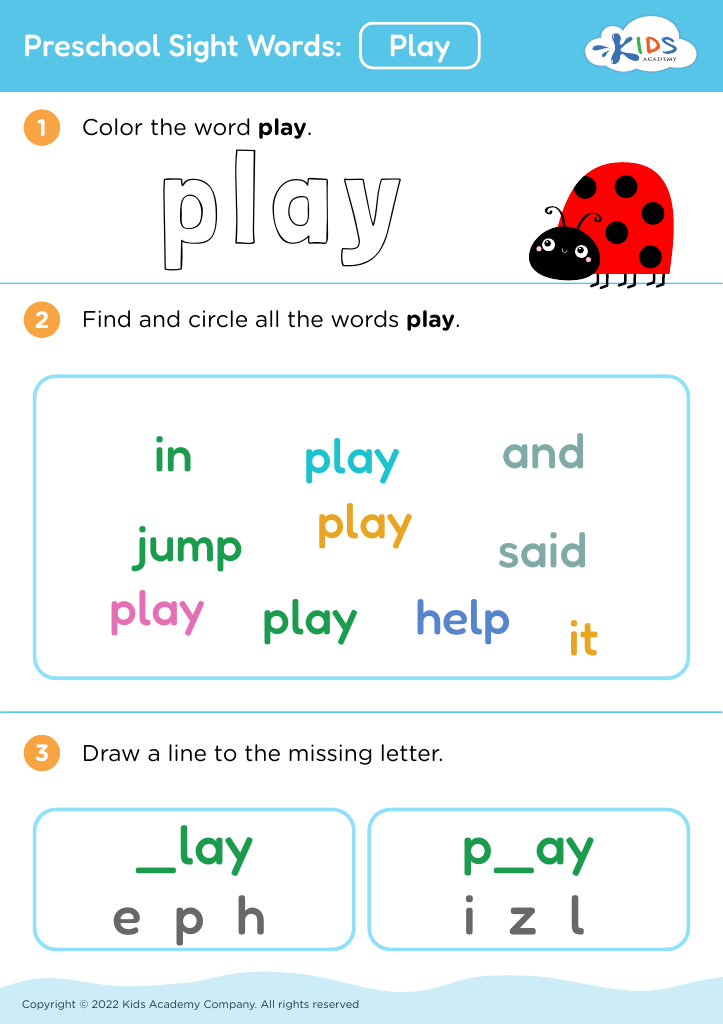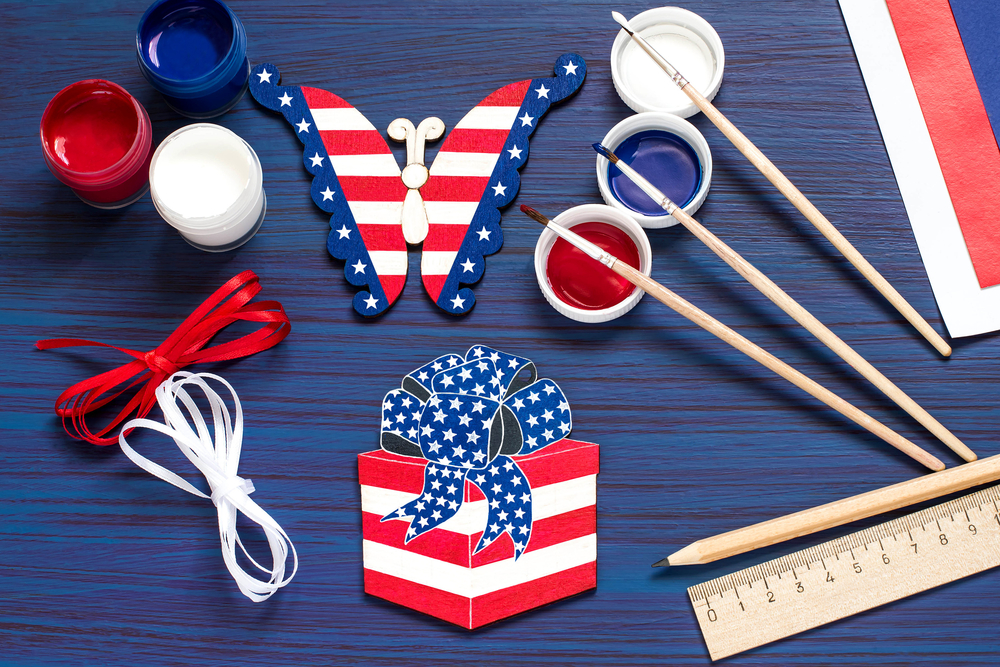Improving reading skills Reading Worksheets for Ages 3-6
6 filtered results
-
From - To
Discover engaging reading worksheets designed for children ages 3-6, aimed at improving essential reading skills. Our carefully crafted resources help young learners enhance their phonemic awareness, vocabulary, and comprehension through fun activities. Each worksheet features colorful illustrations and age-appropriate exercises, promoting a love for reading while developing key literacy skills. Perfect for parents and educators, these printable worksheets make learning enjoyable and effective, ensuring preschoolers and kindergartners grasp fundamental concepts at their own pace. Encourage your child's reading journey with our comprehensive selection of worksheets that foster curiosity, creativity, and confidence in their blossoming reading abilities. Explore our collection today!
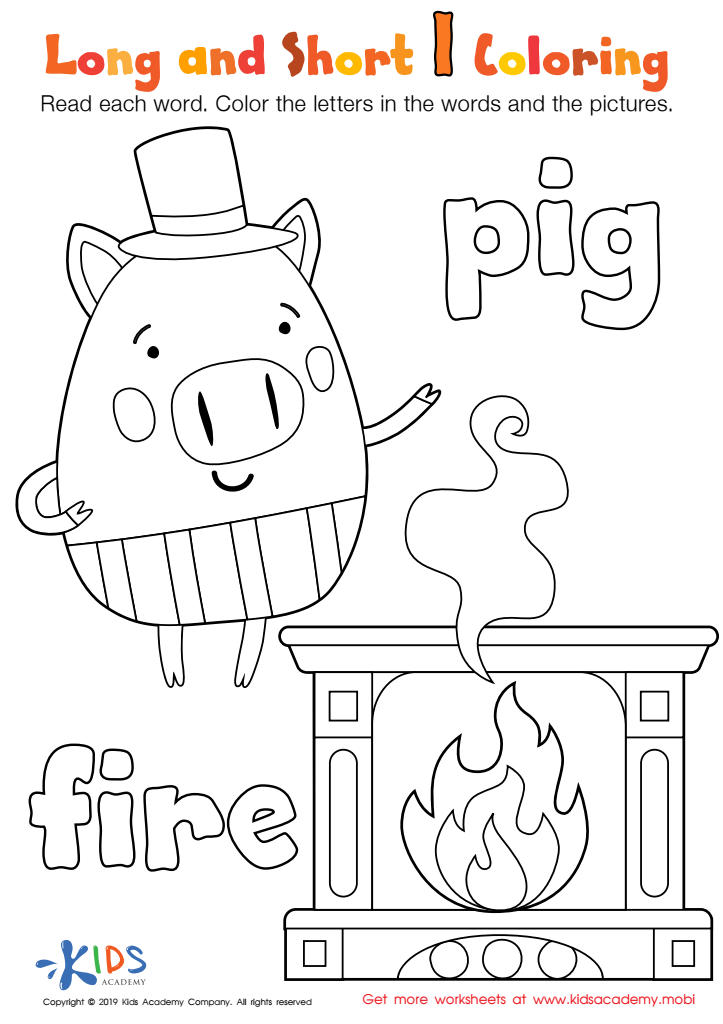

Long and Short I Worksheet
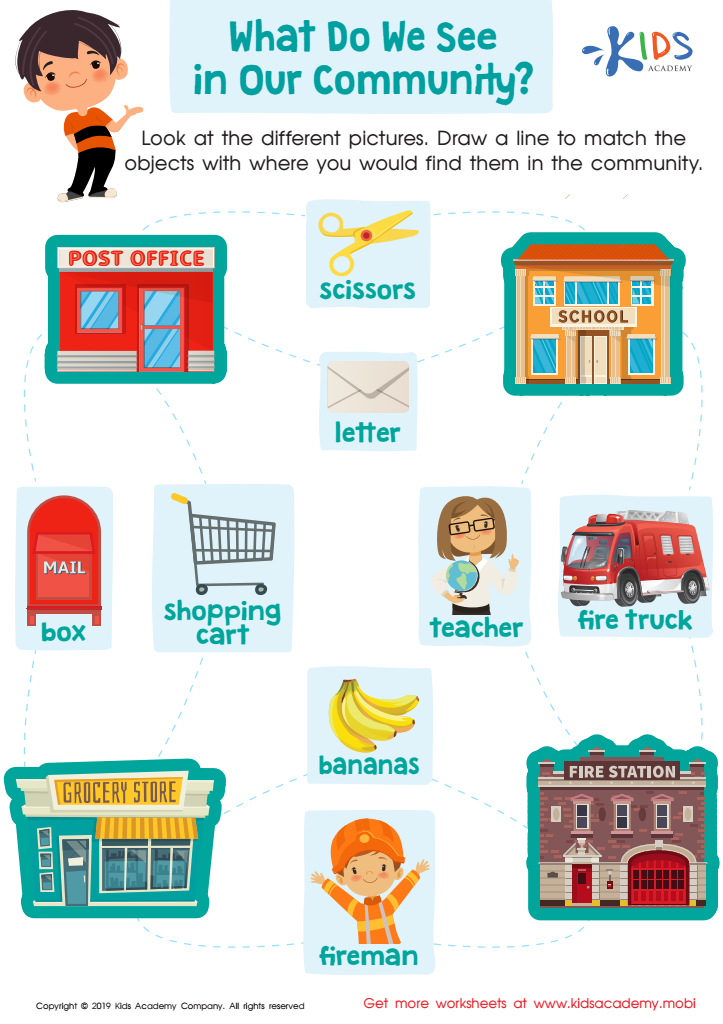

What Do We See in our Community? Worksheet
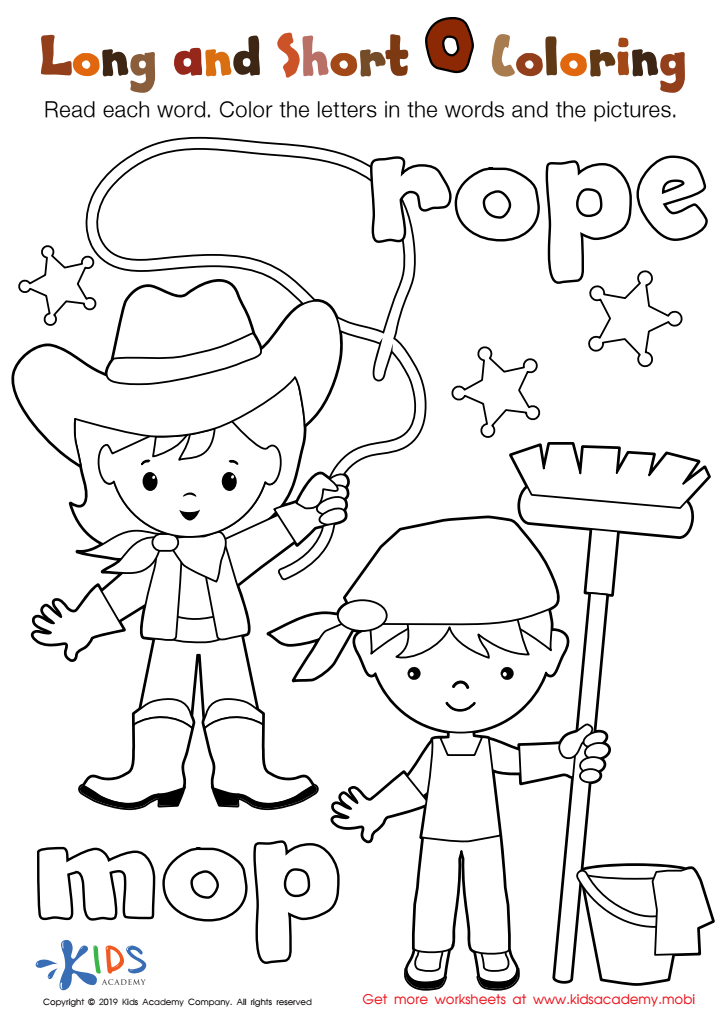

Long and Short O Worksheet
Improving reading skills in children aged 3 to 6 is critical for their overall development and future academic success. At this stage, children are like sponges, absorbing information and developing foundational skills. The ability to read effectively plays a crucial role in shaping their cognitive, social, and emotional growth.
Firstly, reading enhances language skills, expanding vocabulary and comprehension, which are essential for effective communication. Proficient reading at this age lays the groundwork for more complex literacy skills later on, enabling children to tackle more challenging texts as they progress through school.
Moreover, reading nurtures a child’s imagination and creativity, allowing them to explore different worlds and ideas. It fosters a love for learning, encouraging curiosity and critical thinking. These qualities are vital as children grow and encounter increasingly complex academic subjects.
For parents and teachers, fostering reading skills also means enhancing parent-child connections and creating a stimulating learning environment. Engaging in reading activities encourages bonding and social interaction, while also instilling discipline and focus.
Ultimately, prioritizing reading skills in early childhood sets the stage for lifelong learners, equipping children with the tools they need to navigate an increasingly complex world. Thus, every effort made to improve these skills has a profound impact on a child's future.
 Assign to My Students
Assign to My Students

